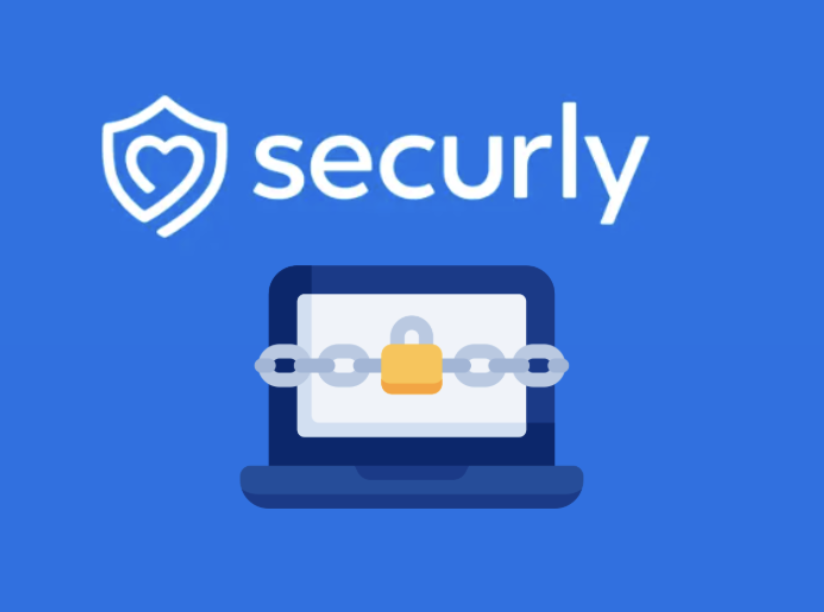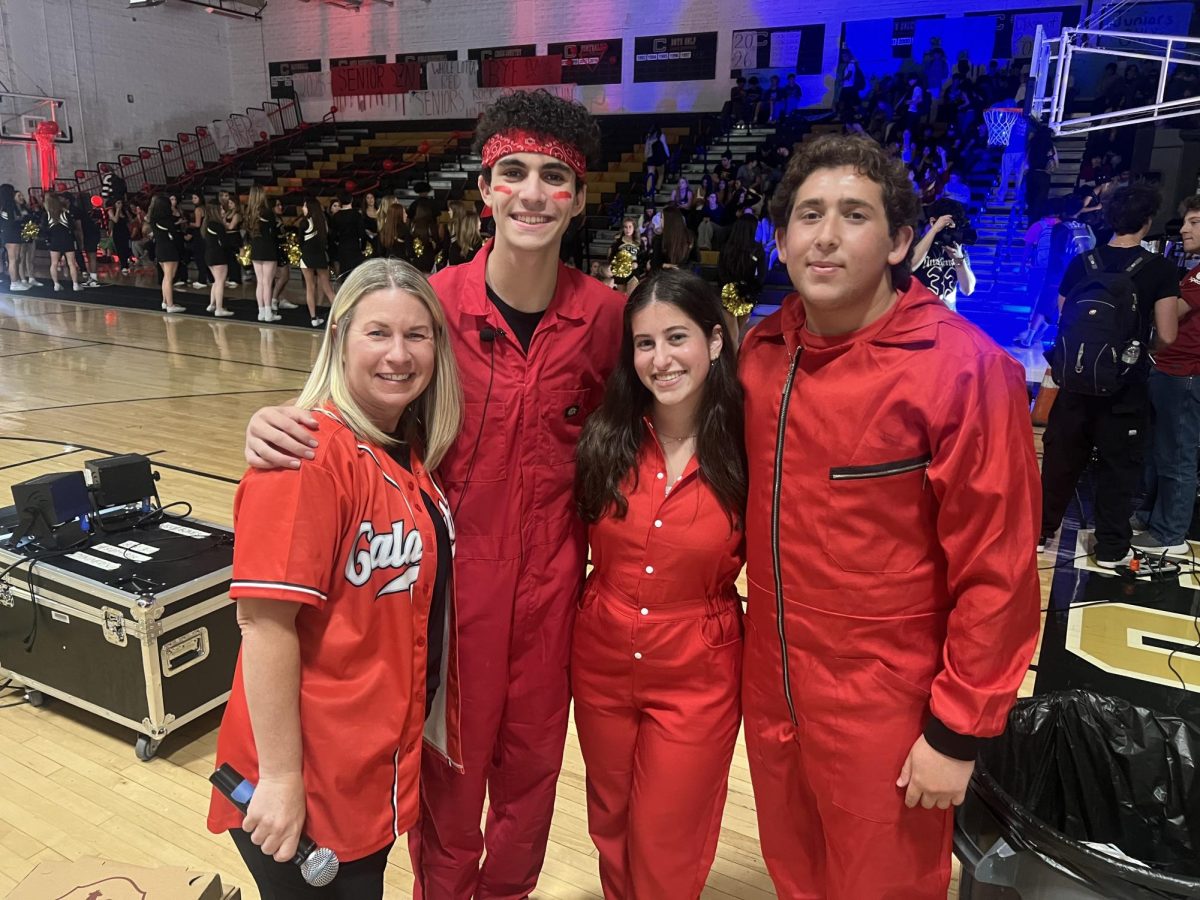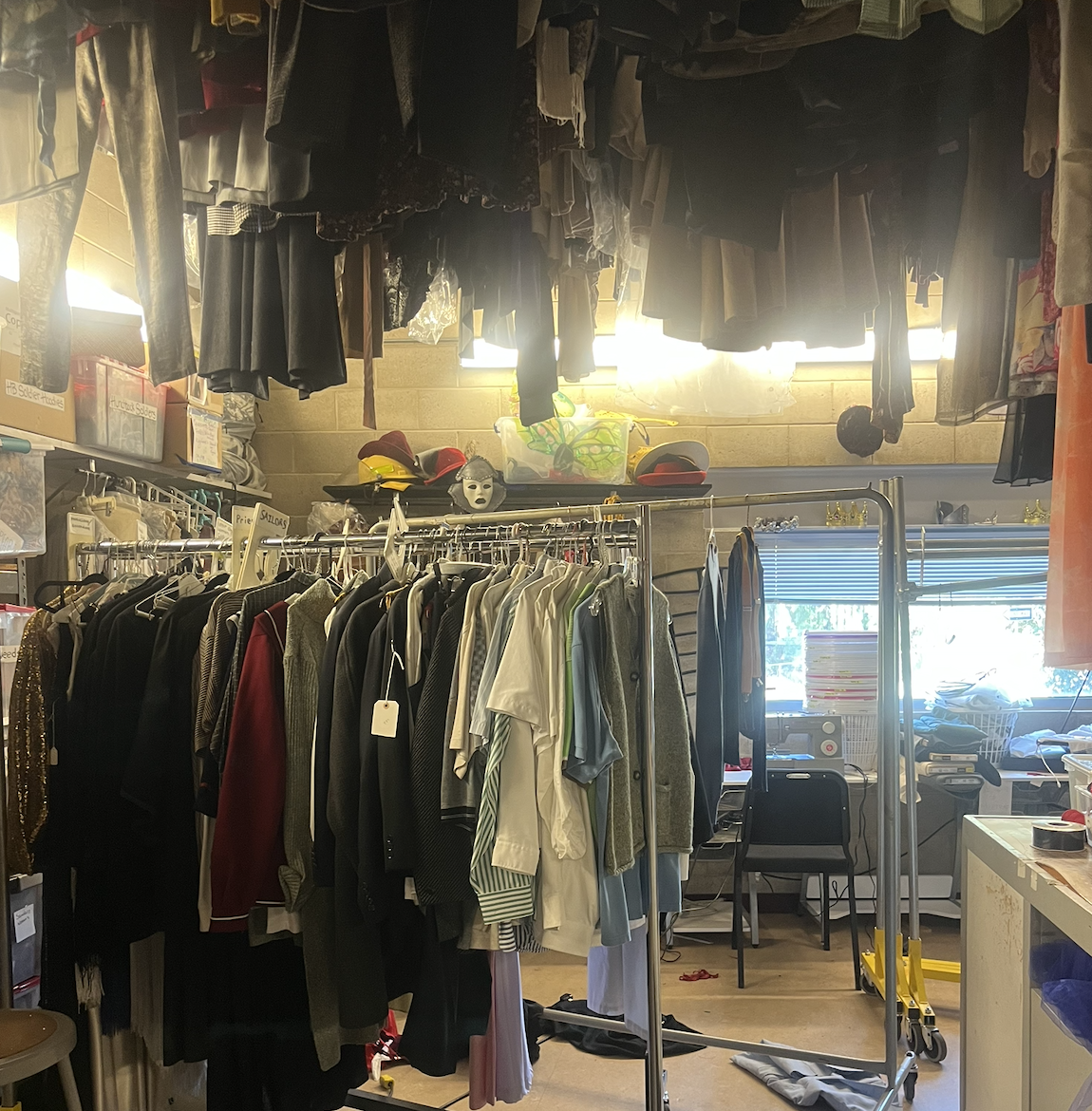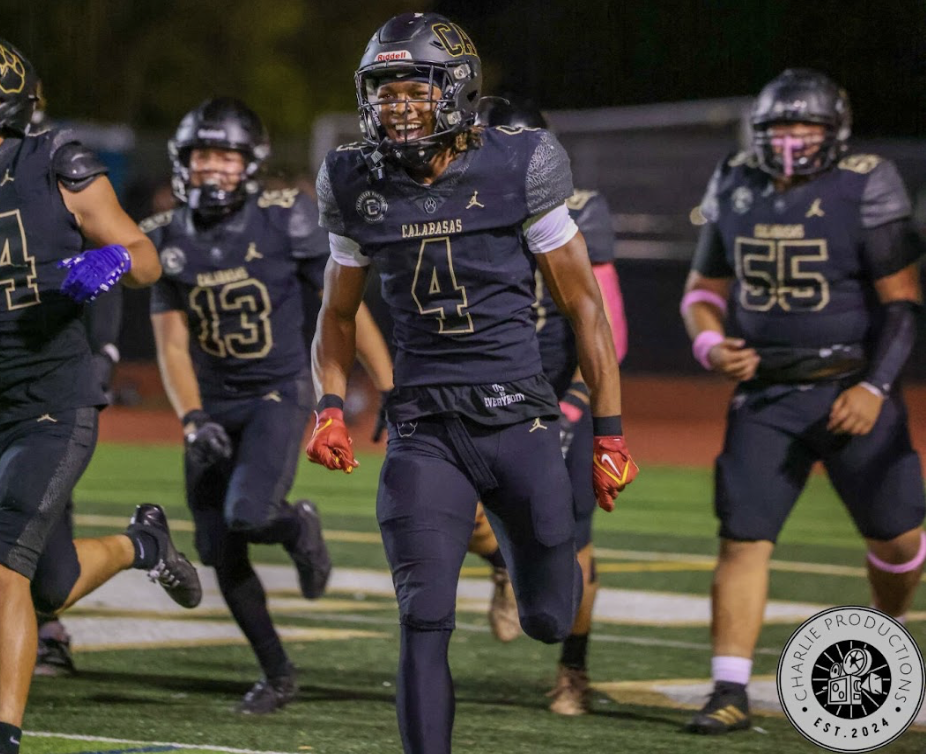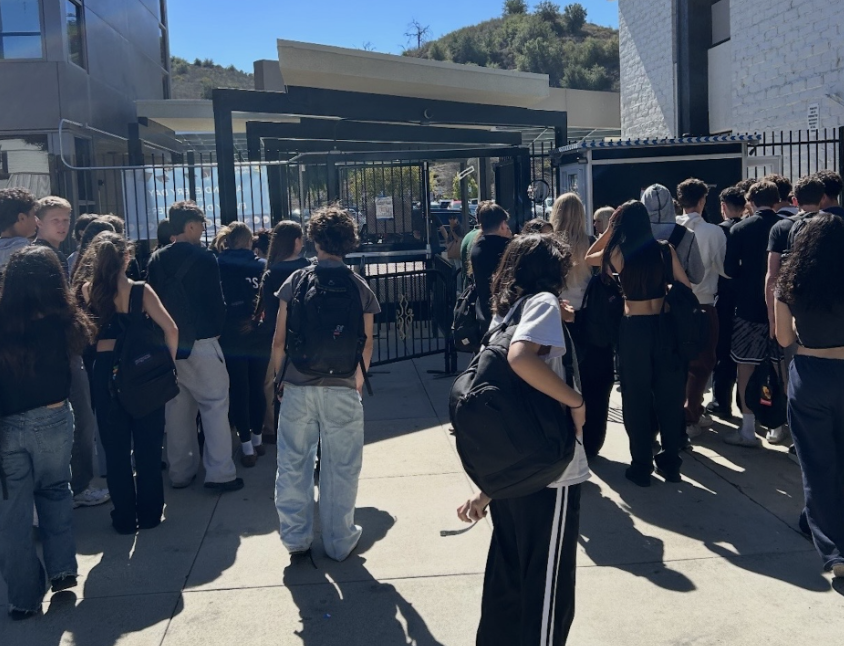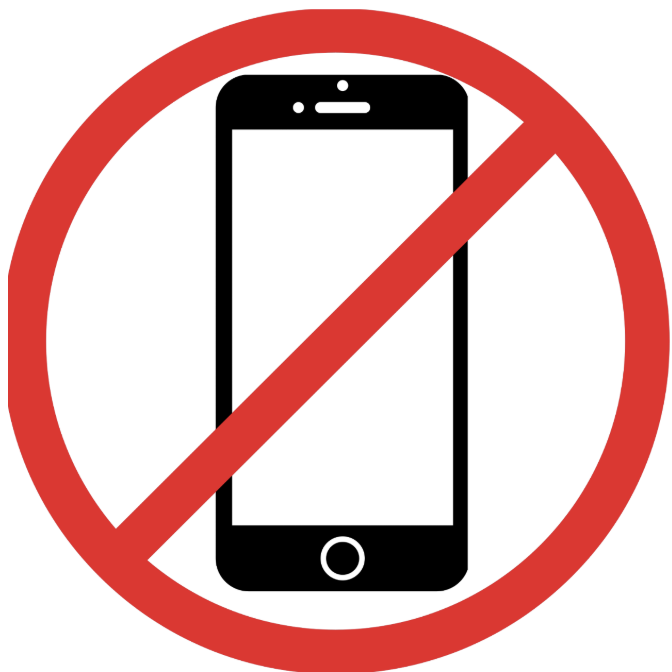Last week, CHS PFC partnered with Dopamind, a nonprofit organization raising awareness on the impact of smartphones on school campuses, to host a panel featuring expert panelists who dove in on the harms of cell phones on students’ emotional well-being, communication skills, and focus. In attendance were several CHS students, parents, administration, and LVUSD board members.
The panel presented and discussed data illustrating the negative effects of cell phones in general and, specifically, in schools.
“It’s all about education. If kids are educated, if the grownups are educated, we believe [the kids] are going to be empowered to make good choices.…Our intent is just to present the facts, present the information, and hopefully have everybody learn,” said Aniko Hill, expert panelist, Veteran Social Media Manager, and Co-founder of Dopamind.
Along with multiple CHS admin, LVUSD school board members Linda Menges and Lesli Stein were present, and before the presentation expressed keen interest in what the panel would have to say.
“We have had a focus on social and emotional wellness for students, and I believe that social media can be damaging to social and emotional wellness for students and I’m curious to see what the panel will discuss. We have focused on how to prevent cell phones from impeding on our academics so that we can focus on academics for students and I’m just keeping an open mind tonight” said Menges.
The event followed California Governor Newsom’s new bill requiring all school districts to develop a new phone policy to prevent the abuse of phones on campuses.
“We’re learning with everyone else and what we really want to do is be out there listening to students, teachers, and parents, and find out what is actually going on at school” said Stein.
In addition to inspiring good choices on school campuses through a “phone-free” environment, the panelists guided through the impact of cell phones on their children at home, as they are the first generation of parents that have to deal with such harms.
“My hope is that parents will go home, take a deep breath, give themselves some grace, and kind of just tackle it head on. If you can make sure your child, teenager, doesn’t have just completely full, unfettered, unmonitored, unregulated tech access, without candid conversations, kids will be a lot better. They’re just not talking about the hard things” said panelist Titania Jordan, Digital Safety Expert and Chief Parent Officer at Bark Technologies.
In regards to the CHS campus, these panelists advocated for a “phone-free” school environment to enhance mental health, communication, and school performance. Rather than referring to phone “bans,” the panel stressed the term “phone-free” as a way to help students be open to the benefits of such a policy.
“My hunch has always been [that] young people are smart. It’s just creating some structure around a radically new tool and for schools it’s supporting them with the infrastructure and support they need to actually be effective in creating a phone-free policy” said Graham Dugoni, Phone Free Movement Visionary and CEO of Yondr.





